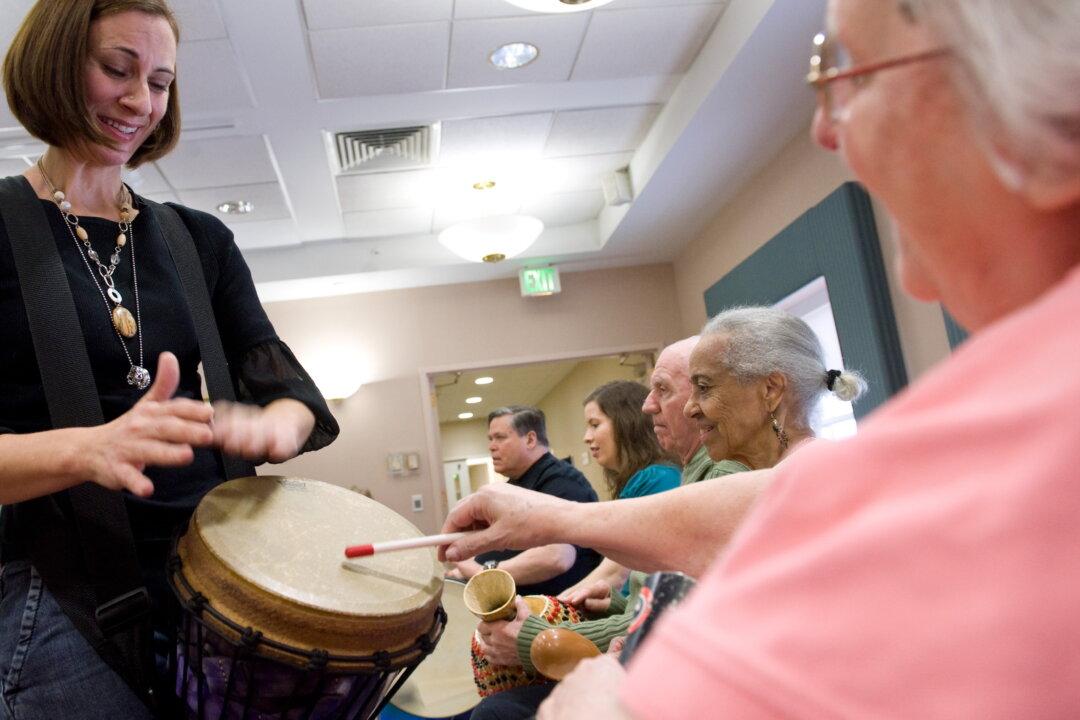Did you know that the lead singer of Huey Lewis and the News suffers from hearing loss?
Besides a singer’s voice, what could be more important to a musician than his or her ears? But it’s true, Huey Lewis, age 63 and one of the leading musicians from the 80s, suffers from hearing loss and wears hearing aids in both ears.
It’s not only famous musicians who have dealt with hearing loss. Actress Whoopi Goldberg has to wear hearing aids, as does former racecar driver Al Unser. President Bill Clinton began wearing hearing aids in both ears in 1997. President Ronald Reagan also suffered from hearing loss.
All of these luminaries have one thing in common—they have defined their own remarkable destinies, and have refused to let hearing loss define them.
The social and psychological effects of hearing loss for anyone, especially seniors, can be devastating. Research shows that most people wait as long as seven years before even getting a hearing test to determine if there is a problem.
Sobering Statistics
According to Statistics Canada, more than one million adults across the country reported having a hearing-related disability.
Over a quarter of Canadians 75 years of age or older have some form of hearing loss. A big reason for this is noise-induced hearing loss, which may happen slowly over time. Being exposed to everyday noises, such as listening to very loud music, being in a noisy work environment, or using a lawn mower, can lead to hearing loss.
Hearing loss can be scary. But getting help doesn’t have to be. According to the Canadian Hearing Society, during a hearing test, a trained audiologist will ask the person being tested to listen to a variety of sounds at different frequencies and volumes through earphones or a similar earpiece, and then will record the results on an audiogram. The audiologist will then provide advice if there is a hearing loss that needs correction and prescribe hearing aid if required.
One thing that has made a tremendous difference is that there is more awareness of better lifestyles. According to Health Canada, “Canadians are enjoying longer life spans and better health than ever before. The proportion of seniors in the Canadian population is expected to double by 2025.”
Seniors are taking better care of themselves, are aware of their health, and are living longer. Another important factor has been a better understanding of treatments for hearing health, better communication on the issue, and improved support through information portals.
MJ DeSousa, an audiologist and Director of Professional Practice at Connect Hearing, leads a team of hearing professionals across Canada. For more information about hearing loss please visit www.connecthearing.ca





